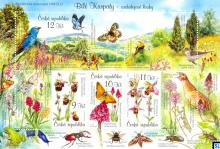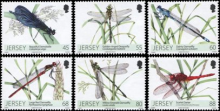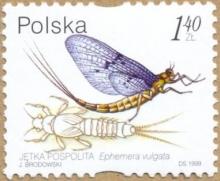Imidacloprid pollution in freshwater paves the way for schistosomiasis transmission
Schistosomiasis is a severe neglected tropical disease caused by trematodes and transmitted by freshwater snails. Snails are known to be highly tolerant to agricultural pesticides. However, little attention has been paid to the ecological consequences of pesticide pollution in areas endemic for schistosomiasis, where people live in close contact with non-sanitized freshwaters.










